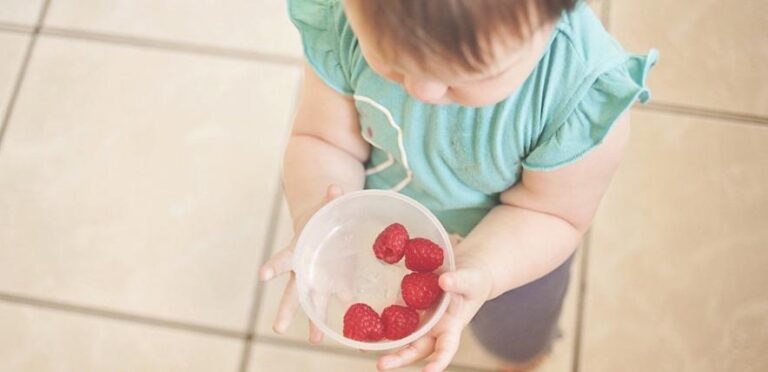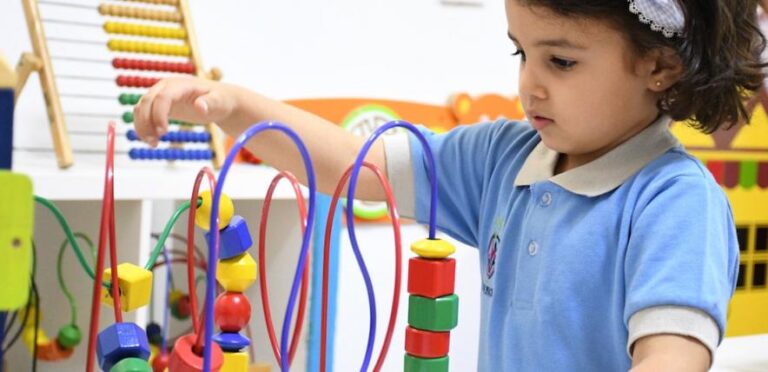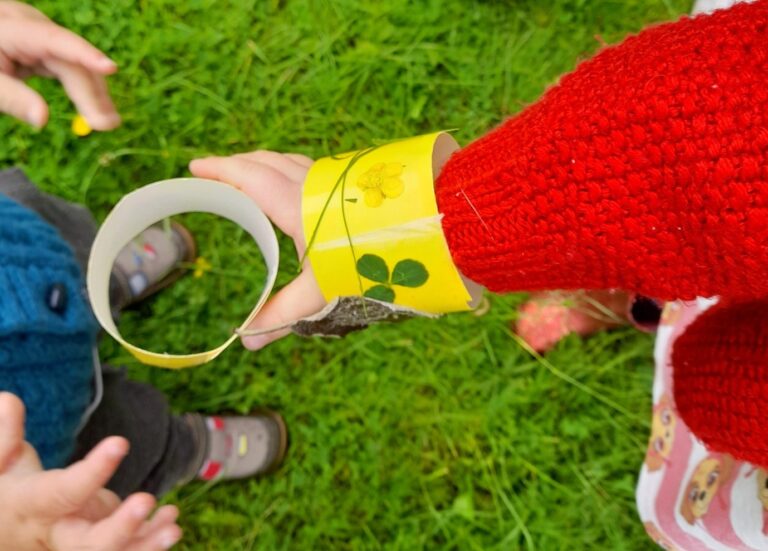The Infant and Toddler Forum shares ideas for helping families start healthier habits in the new year.
The start of a new year is a good time to consider establishing new healthy habits for the year ahead.
Toddlers’ nutrition requirements differ greatly from those of older children and adults. Rapidly growing and with small stomachs, toddlers require more nutrient-dense meals, regular eating opportunities and plenty of variety.
Against a backdrop of rising childhood obesity rates – the Infant & Toddler Forum has put together a list of six top tips to help families establish healthy habits in 2021, ensuring consistency in the early years setting and at home.
A balance of food from all five groups
A variety of foods, in the correct combinations, will provide toddlers with all the nutrients they need for growth, good health and development – except vitamin D.
The five food groups are:
- bread, rice, potatoes, pasta & other starchy foods – offer one portion of each meal and in some snacks
- fruit and vegetables – offer one portion at each meal and in some snacks
- milk, cheese and yoghurt – offer one portion of these around three times each day
- meat, fish, eggs, nuts and pulses – offer two/three toddler-sized portions each day
- oils, butter and fat spreads – include small amounts twice a day.
Vitamin D supplements
Toddlers should be given 10 micrograms of vitamin D in a supplement every day. Vitamin D is essential to support a toddler’s rapid growth and development. Too little can result in deficiency, which can lead to further health problems. Unfortunately, even with a nutritious diet, some toddlers will still not get enough, particularly those who are of Asian, African and Middle Eastern ethnic origin due to low levels of sunlight in the UK.
Six to eight drinks a day
Toddlers should be offered between six and eight cups of drink each day. This will keep active toddlers hydrated and may help to reduce the risk of constipation. Milk and water are the best drinks to offer between meals and snacks as they won’t harm teeth. Offer drinks in an unvalved beaker or cup, not a bottle.
Remember – fruit juice and fruit smoothies are sugary drinks. Like other sweet drinks, these can cause dental cavities. If offered, fruit juice should be well diluted and only given at meal times. Frequent sipping on juice, even when diluted, throughout the day is harmful for teeth.
Follow sleep patterns
A regular meal and snack routine, based on their sleeping pattern, is best for toddlers. This will support their energy and nutrient intake across the day because they do not tend to eat well when tired or over-hungry. Snacks should be evenly spaced between meals to help avoid tantrums or frustrations due to hunger and lower blood sugar levels.
Top tip – stick to a routine, offering three meals and two/three snacks each day.
Plan your menus
A well-planned menu will provide meals and snacks with items from all food groups. It will make budgeting and shopping quicker and easier and you’ll know how much time to set aside for cooking and prepping. The Toddler Menu Planner, created by the Infant & Toddler Forum, is a simple guide to help families and childcare professionals ensure that toddlers receive a balanced diet every day.
Make it social
Toddlers learn by copying other children and adults. Eating together in social groups allows picky toddlers to be exposed more regularly to new foods. Over time this could help build their confidence to try new foods and support longer-term acceptance.
Praising toddlers when they interact or try new foods will encourage them, but only paying attention to them when they refuse foods may increase problem eating behaviour.












